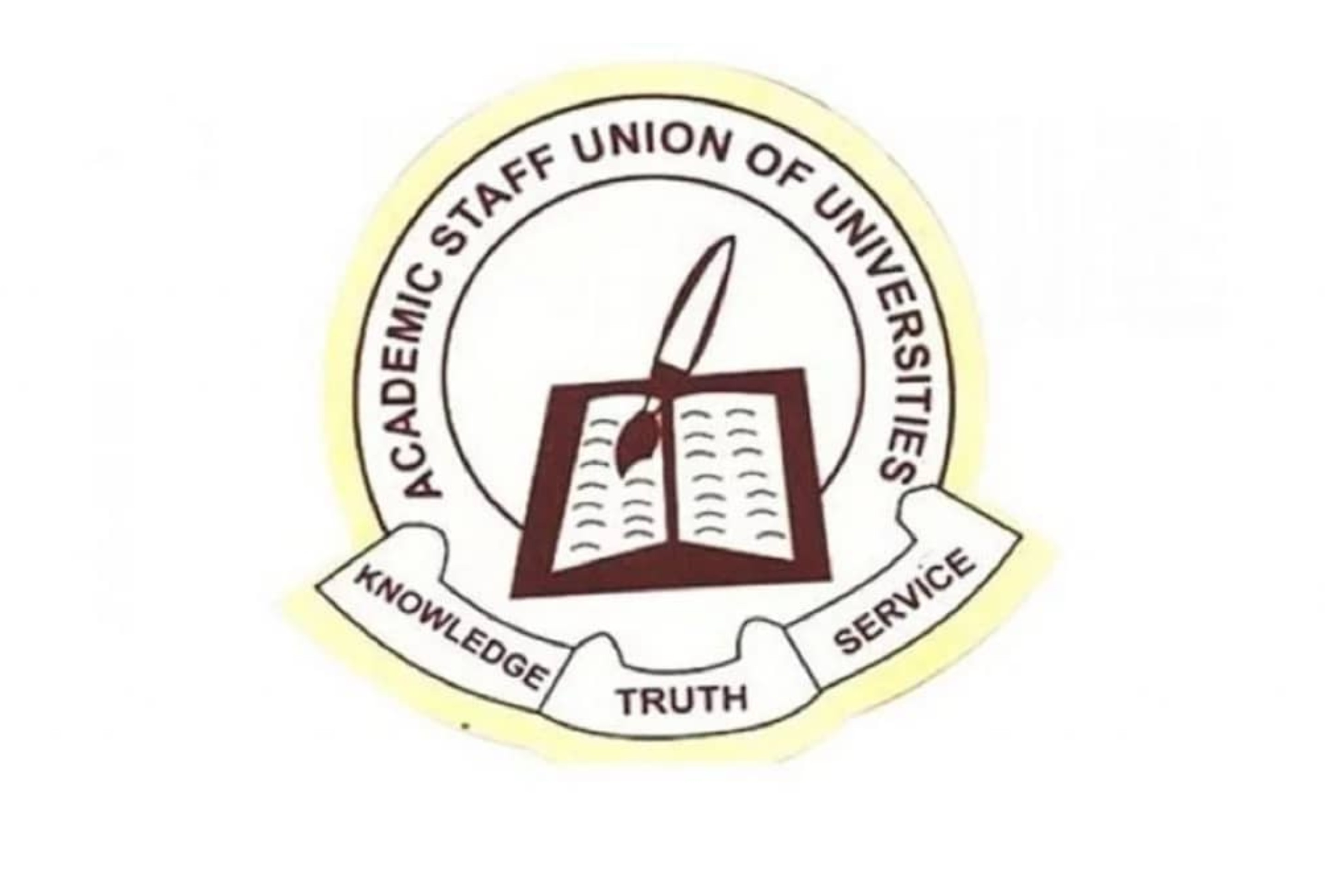News
Support Mechanism In Atmospheric Crisis – Don
Individuals, society and government at all levels have been charged to support mechanism in atmospheric crisis.
Speaking during the Rivers State University’s 94th inaugural lecture titled: Decoupling Spatial Decision Support Mechanism In Atmospheric Crisis, the inaugural lecturer, a Professor in the Department of Geography and Environmental Management in the Faculty of Environmental Sciences, Prof Precious Nwobidi Ede stated that man-made atmospheric crisis is a product of modern lifestyle and development, charging all stakeholders to encourage clean environment that is free of dangerous air emissions.
Ede made some recommendations on what individuals, government and society can do to reverse the negative trends, which are listed below:
“As an individual, conserve energy at home, at work, everywhere. Look for the energy star label when buying home or office equipment.
“Carpool, use public transportation, bike, or walk whenever possible. Follow gasoline refueling instructions for efficient vapour recovery, being careful not to spill fuel and always tightening your gas cap securely.
Use environmentally safe paints and cleaning products whenever possible. Mulch or compost leaves and yard waste. Consider using gas logs instead of woods,’ Ede added.
The Professor stressed that some of the below steps should be taken on days when high Ozone levels are expected.
“Choose a cleaner commute – share a ride to work or use public transportation. Combine errands and reduce trip. Walk to errands when possible. Avoid excessive idling of your automobile. Refuel your car in the evening when it is cooler. Conserve electricity and set air conditioners no lower than 78 degrees.”
He emphasised that on days when high particle levels are expected the following extra steps should be taken.
“Reduce the number of tips you take in your car. Reduce or eliminate fireplace and wood stove use. Avoid burning leaves, trash, and other materials. Avoid using gas-powered lawn and garden equipment.
Ede revealed the following below as what Nigeria can do to beat Air pollution.
“Fuel subsidy as practised in Nigeria is not only a drain on the economy, but as well distorts the urgently needed energy mix for the country. Nigeria ought to show leadership on issues of air pollution since so many of its citizens die from it.
“A national emissions inventory database and directory should be published. National and regional air quality targets should be instituted with firm Commitments to limits, targets abs strategy.
“There are no statistics on emissions, air quality trend and related indicators; if you want to know about the impact of air pollution in Nigeria approach WHO and its database. No clear-cut vehicle emission standards, maximum allowable Sulphur content in fuel in Nigeria,” the Prof stressed.
Earlier, the Vice Chancellor, RSU, Prof Nlerum Okogbule had stated that Inaugural lectures expose the academia to focus on issues as well as proffer solutions.
Okogbule added that the guest inaugural lecturer will tell all what he has been professing as a professor all these years, charging all to listen and learn new ways on how air pollution can be avoided by individuals, companies, among others.
By: Susan Serekara-Nwikhana
News
Over 1,500 RSU Students Apply For Education Loan

News
EFCC, Immigration Repatriate 51 Foreign Cybercrime Convicts

The Economic and Financial Crimes Commission (EFCC) and the Nigerian Immigration Service have repatriated 51 more foreign nationals convicted for cyber-terrorism and internet fraud.
The latest group of deportees, according to a statement by the EFCC, yesterday, includes 50 Chinese nationals and one Tunisian.
The repatriation, which took place yesterday, brings the total number of convicted foreign nationals deported in the ongoing exercise to 102 since its commencement on Friday, August 15, 2025.
These convicts were among the 192 foreign nationals apprehended during a recent sting operation conducted by the Commission in Lagos.
The operation followed actionable intelligence regarding the activities of one of the largest foreign-led cybercrime syndicates operating within Nigeria.
The EFCC statement read, “This exercise demonstrates our unwavering commitment to ensuring that Nigeria is not a safe haven for international criminals.
“The successful conviction and repatriation of these individuals send a clear message: we will not tolerate the use of our nation’s digital space for illicit activities that undermine our economy and national security.”
The Commission stated that further deportations are scheduled to take place in the coming days as the exercise continues.
NELFUND To Stop Students’ Upkeep Loans During Holiday
The Nigerian Education Loan Fund (NELFUND) says the upkeep loan disbursement is now strictly tied to the academic session of each institution.
NELFUND made this known yesterday in a statement signed by its Director of Corporate Communications, Oseyemi Oluwatuyi.
“In line with this directive, students shall only be entitled to upkeep loans for their current academic session. Upon the conclusion of an institution’s academic year, upkeep payments for that session shall automatically cease.
“Consequently, students who transition into a new academic year will no longer receive upkeep disbursements for the preceding session,” Oluwatuyi said in the statement.
NELFUND further stated that interested loan applicants are required to apply for the loan at the beginning of every academic session to be eligible for both institutional charges and upkeep for that particular session.
“To ensure accuracy and transparency, the NELFUND loan portal is being automated to reflect this adjustment. The portal will henceforth display only the upkeep loans that have been collected by each student within the relevant session.
“Institutions are therefore strongly advised to upload their academic calendars and sessional information in a timely manner to guarantee that their students receive the full upkeep benefits due to them for an entire academic year,” he stated.
Apart from institutional loans disbursed directly to institutions, beneficiaries of the student loan scheme enjoy monthly disbursement of N20,000 which amounts to N240,000 yearly.
With the new directive, students will only enjoy the monthly N20,000 during academic session while payment will be ceased when students embark on holidays.
News
ASUU Threatens Fresh Strike, Rejects FG’s Loan Scheme

-
Business3 days ago
Bayelsa Recommits To Agro-Economy Diversification … As Delegation Rounds-Off Rwandan Tour
-
Politics3 days ago
Rivers APC Chairmanship Candidates Hail Tinubu, Yilwatda Over By-Election Victory
-
Politics3 days ago
PDP Drags Osun Federal Lawmakers To Court Over Defection To APC
-
Business3 days ago
Shippers Council Seeks collaboration Against Stowaways
-

 News3 days ago
News3 days agoOver 1,500 RSU Students Apply For Education Loan
-
Politics3 days ago
Benue Assembly Resolution: Alia Suspends SUBEB Boss, Others
-
Business3 days ago
FG Commits To Building Modern Maritime Sector
-
Politics3 days ago
ADC Kicks Against Proposed Pay Rise For President, Governors, Others

